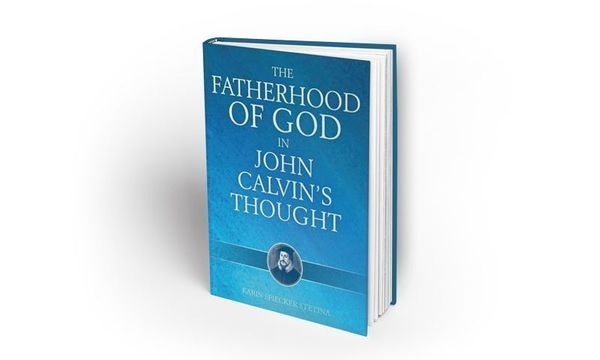Karin Stetina
Karin Spiecker Stetina is passionate about teaching theology that is aimed at loving the Lord our God with all our heart, mind, soul, and strength (Matt. 22:37). She aims to relate theology to following Christ in daily life. She taught theology and church history for nearly 20 years at Wheaton College before coming to Biola University where she serves as an Associate Professor of Theology at Talbot School of Theology. She has been a consultant and an editor for Luther Digest and is currently on the committee for Church History Since 1700 for the Evangelical Theological Society. She has her ministry license with the Evangelical Free Church and has served on the Women’s Ministry Team at Grace Ev. Free in La Mirada, Calif. Stetina’s research interests include Reformation Theology and the theology of John Calvin, Martin Luther, and Jonathan Edwards. She is the author of The Fatherhood of God in John Calvin’s Thought (Paternoster, 2016), Jonathan Edwards’ Early Understanding of Religious Experience (Mellen Press, 2011), and How to Read Theology for All Its Worth (Zondervan, 2020). She is blessed with four wonderful children: Caroline, Ellie, Cole and Alex.
View full profile Biola University
Biola University

